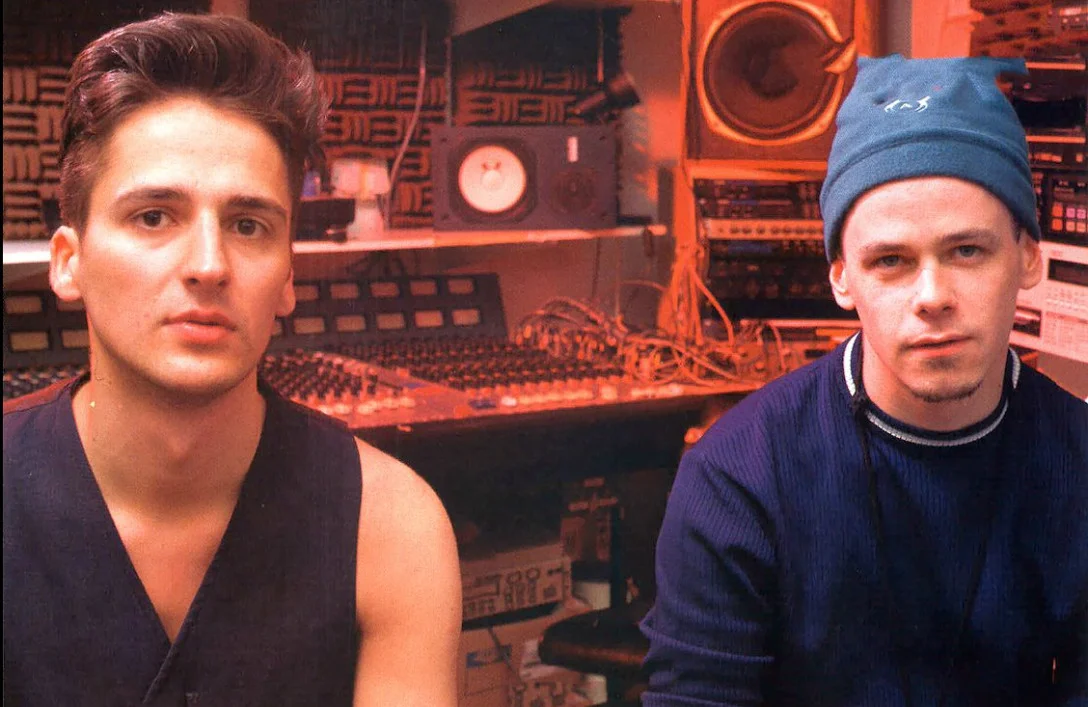
Journal "Music Technologies". 1992.
Qalam strives to explore the interpenetration of different cultures. To this end, we have decided to launch a series of playlists in which music mediates between different geographical and ideological spaces. Our first playlist is called ‘West to East: One Hundred Best Songs’. It will be updated several times a week, and its curation will focus on how Western pop culture has reflected the realities of the East, whether they are musical, geographical, religious, or political. (The terms ‘West’ and ‘East’ should be taken as broadly and arbitrarily as possible.)
The British duo the Future Sound of London (FSOL) embodies the most blissful and unique electronic music of the first half of the 1990s. Indeed, in 1992, they shot to fame with a single that was inspired by the oceanic imagery of Papua New Guinea. However, it's important not to confuse cultural appropriation with psychedelic hallucinations. During that period, there seemed to be a dual exoticism because the very names of pioneering music genres like ‘house’, ‘techno’, and ‘ambient’ sounded like poetic meters such as iamb, choriamb, and amphibrach. The music was perceived as almost akin to African poetry by Lev Gumilev or Arthur Rimbaud, whose colonial connotations were still being examined then.
Like many techno hits of that time, such as Moby's ‘Go’, this track has a composite structure with samples from Dead Can Dance and a bassline from Meat Beat Manifesto as its primary components. In the thirty years since its release, electronic music has undergone numerous reinventions, seemingly having filled every conceivable sonic dimension. Nevertheless, the delicate innocence of ‘Papua New Guinea’ remains unparalleled in its own right.